LEADING SOUTHERN AFRICAN VULTURES FURTHER TOWARDS EXTINCTION
Lindy Thompson and John Davies, Birds of Prey Programme, Endangered Wildlife Trust
There is over a century’s worth of research on the detrimental effects of lead on animal and human health. When Nile Crocodiles ingest lead fishing weights, it affects their egg development and hatchling health. Vultures that ingest lead fragments from ammunition have been found to have elevated levels of lead in their blood, which affects their health and can cause mortalities. With regards to human health, there is no safe level of lead, it can affect every organ in our bodies, and it can cause anaemia, weakness, kidney damage, and brain damage. People who consume a lot of game meat are at higher risk for lead poisoning, for the same reason that vultures are susceptible to it; venison that was hunted may contain lead fragments from ammunition used. Some European supermarkets now label their venison with lead warnings, or with labels that say they only sell game meat that was not shot using lead ammunition. Denmark (in 1996) and the Netherlands (in 1993) have banned the use of lead shot for all hunting.
Lead poisoning in southern African vultures
Dr Rebecca Garbett from the University of Cape Town did her PhD study on the link between hunting and elevated blood lead levels in Critically Endangered White-backed Vultures in Botswana. Rebecca looked at the levels of lead in blood, which shows recent exposure to lead. She found that vultures had higher blood lead levels when she trapped them during the hunting season and in hunting areas. Vultures that were trapped and sampled outside the hunting season, and outside hunting areas, had lower lead levels in their blood. Rebecca concluded that African vultures are ingesting fragments of lead from ammunition in carcasses. Linda van den Heever from Birdlife South Africa also did a study on lead in vultures for her Honours project in South Africa. Linda found that scavenging birds (including vultures) had higher levels of lead than non-scavenging birds, most likely because scavenging birds are exposed to lead from fragments of bullets in carcasses that they eat, whereas non-scavengers do not feed on carrion, and are therefore not exposed to lead from ammunition. Linda also found that nestling vultures have high levels of lead in their blood, and these birds have not even left their nests yet, so they are most likely getting the lead in the food that their parents bring them, which contains lead fragments from ammunition.
Regulation of lead use
The use of lead in industry and commerce is regulated, whereas the use of lead in ammunition is not, which means that lead is released into the environment via ammunition, without regulation, and the lead fragments that remain in the environment leave a toxic legacy. South Africa is a signatory to the Convention on Migratory Species, which in 2014 called on all parties to “phase-out the use of lead ammunition across all habitats, wetland and terrestrial”. The Department of Environment, Forestry, and Fisheries recently established a National Lead Task Team, with representatives from provincial conservation authorities, non-governmental nature conservation organisations, and the hunting community. These different stakeholders share a long-term interest in the conservation of wildlife, and are working together to ensure the increased use of lead-alternatives. If achieved, this will lead to more sustainable hunting and fishing, jobs based on ethical hunting and tourism, and venison that is safer to eat.
Conservation organisations are also working together to implement Vulture Safe Zones in South Africa. Vulture Safe Zones were successfully used in south-eastern Asia after the Asian Vulture Crisis of the 1990s, which resulted from just one threat. When injured or arthritic, livestock was commonly treated with Diclofenac, which turned out to be lethal to vultures who fed on the carcasses of treated animals. In Africa, vultures face numerous threats, including lead poisoning. On properties that fall within important breeding and foraging areas for vultures, and where the landowners are keen to be included in the Vulture Safe Zones, we are engaging with them to remove all anthropogenic threats to vultures on their land, including lead.
Lead poisoning is just one of the threats that vultures, and other wildlife, face, but evidence shows that we can successfully address it. If hunters and anglers no longer used lead ammunition and lead weights, it would make a significant difference to the health and survival of wild animals, including Critically Endangered scavenging birds such as vultures. Changing the tradition of using lead ammunition will be challenging and lengthy, but if we care about our wildlife and our own health, we need to do it.
References:
Garbett, R. et al. (2018) Science of the Total Environment 630:1654-1665.
Van den Heever, L. et al. (2019) Science of the Total Environment 669:471-480
